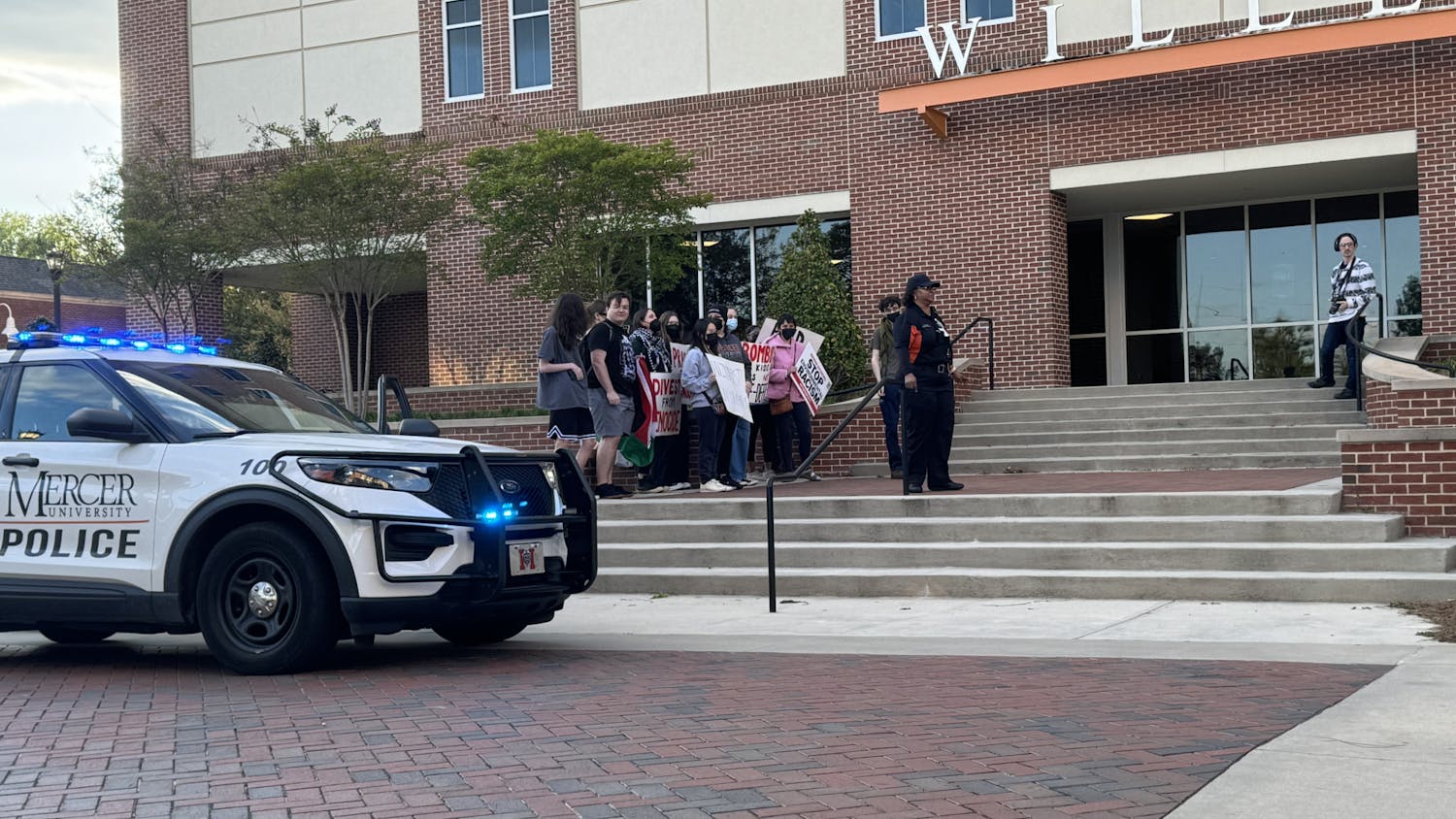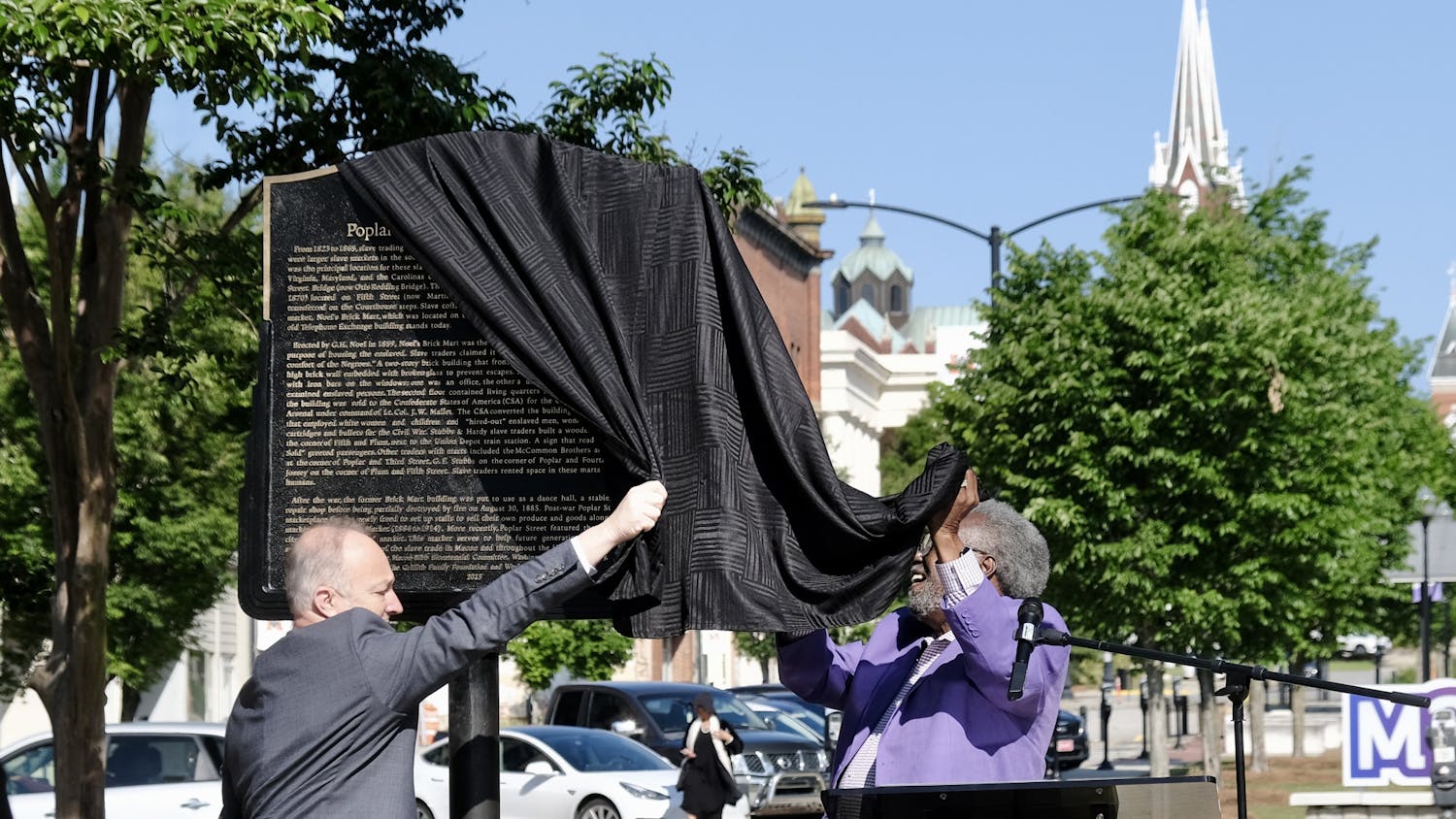Tyler Ovington, a product developer at Southern Spine, came to Mercer’s campus to discuss his job and how he obtained his position with students Nov. 12. As the only engineer at a small medical product design company in downtown Macon, Ovington said he enjoys his various day to day tasks.
Ovington said he wants engineering students to understand that the biomedical engineering field is very diverse and that not all students will go into product development, a fulfilling but difficult field.
“The process that the product goes through can be strenuous and has many steps,” he said.
Ovington said that with some products, it will take months before the company can bring them to the market. These steps are concept generation and design testing, manufacturing and finally, release.
“While working with doctors to create products that are needed in the medical field, I have learned that communication is a key skill to being successful,” he said.
Not only is the process sometimes time-consuming, but it can also be very expensive, he said. With this in mind, Ovington must make sure that the product he is creating is cost-effective before he submits it to the Food and Drug Association. In other words, he must make sure that the product will cost less than $510,000 to make.
Along with the cost of the product, the basic requirements for patenting are also important to Ovington’s job, because he is a part of a smaller company. Smaller companies must work diligently on patenting their products so that big companies cannot make the same product and claim it as their own, he said.
The product must be novel or new to the medical field to obtain a patent, meaning it should not resemble a product that is already on the market. Another basic requirement for a patentable product is that it needs to be a unique product to manufacture. It needs to be a product that cannot be replaced by a simpler method or commonly used material.
Before joining Southern Spine, Ovington worked in Vietnam for two years, but now he typically works with spine implants, infusion pumps and biomaterials, he said. He also deals with inventing products that are needed in the medical field.
Christopher Tutterow, a biomedical engineering student at Mercer University, attended the event and said he was glad Ovington came to speak to students who would like to pursue similar careers in the future.
“It is important for speakers like Ovington to come and talk students about their careers, because it helps students ponder whether or not the career path they have chosen is right for them or not,” he said.
Making engineering a career: product developer delivers lecture on campus

Tyler discusses his position as an engineer at an event for interested students.




